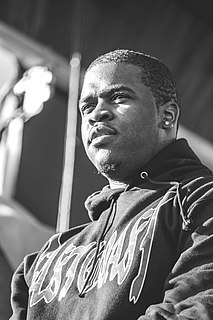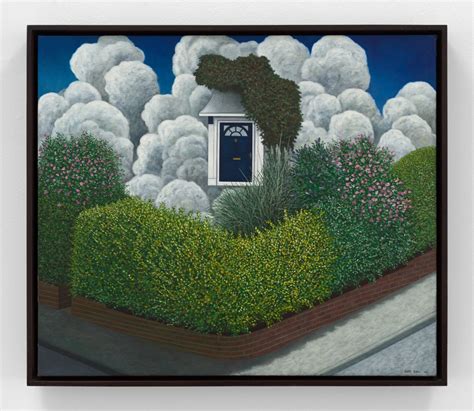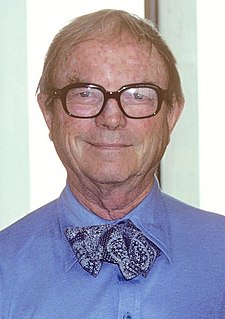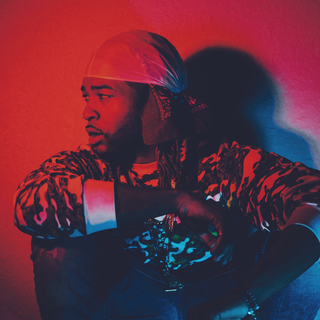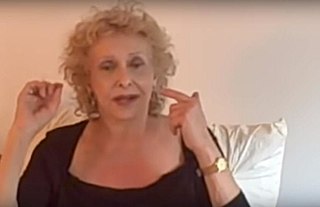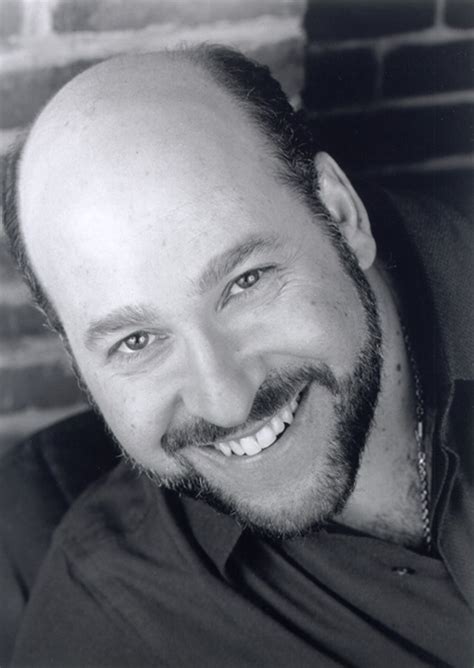A Quote by ASAP Ferg
I'm not a manufactured artist. Nobody taught me how to be a proper artist.
Related Quotes
When I taught art, I was always asked, 'How do you know you're an artist? What makes you an artist?' And to me, it's like breathing. You don't question if you breathe; you have to breathe. So if you wake up in the morning, and you have to realize an idea, and there's another idea, and another, maybe you are really an artist.
I am an artist, and I understand the pros and cons of being an artist, and the pressures of being an artist, and how much being an artist can be torture to people around you; you know, you friends and your family and how material you can be, and how it's hard to take criticism and all the things like that.
The artist usually sets out -- or used to -- to point a moral and adorn a tale. The tale, however, points the other way, as a rule. Two blankly opposing morals, the artist's and the tale's. Never trust the artist. Trust the tale. The proper functions of a critic is to save the tale from the artist who created it.
Because Ivy [Wilkes] is just starting out as an artist, I wanted to focus on [Georgia] O'Keeffe's experiences when she was just starting out. I suspect there is a difference between being an unknown artist and being a celebrated artist. When nobody knows your work, nobody except you really cares whether or not you paint.
Why was the painting made? What ideas of the artist can we sense? Can the personality and sensitivity of the artist be felt when studying the work? What is the artist telling us about his or her feelings about the subject? What response do I get from the message of the artist? Do I know the artist better because of the painting?
Every great artist must begin by learning to draw with the single line, and my advice to young animators is to learn how to live with that razor-sharp instrument or art. An artist who comes to me with eight or ten good drawings of the human figure in simple lines has a good chance of being hired. But I will tell the artist who comes with a bunch of drawings of Bugs Bunny to go back and learn how to draw the human body. An artist who knows that can learn how to draw ANYTHING, including Bugs Bunny.
